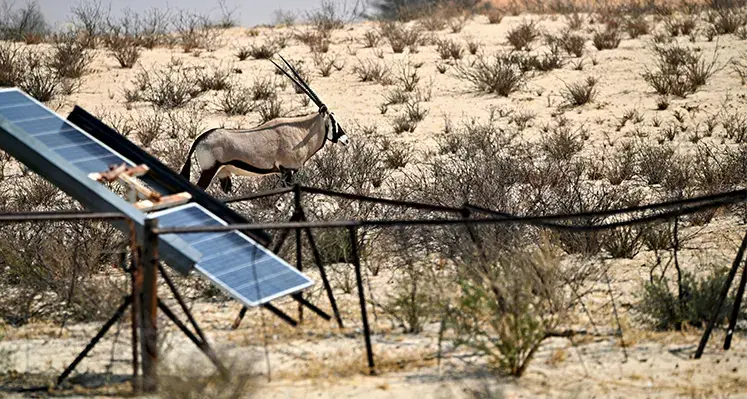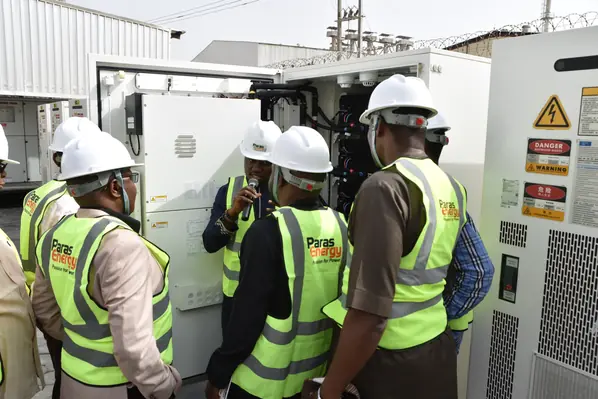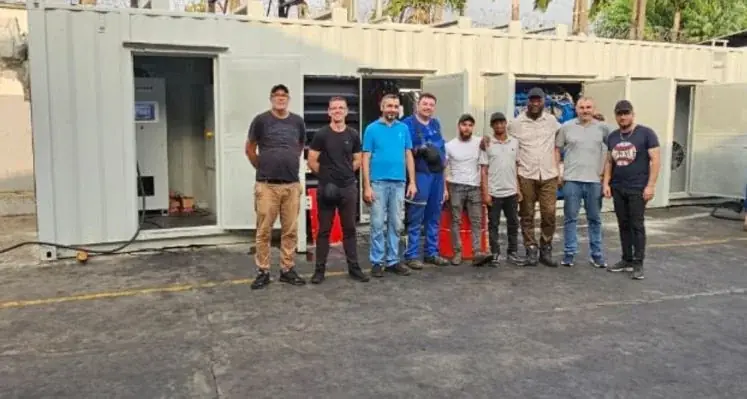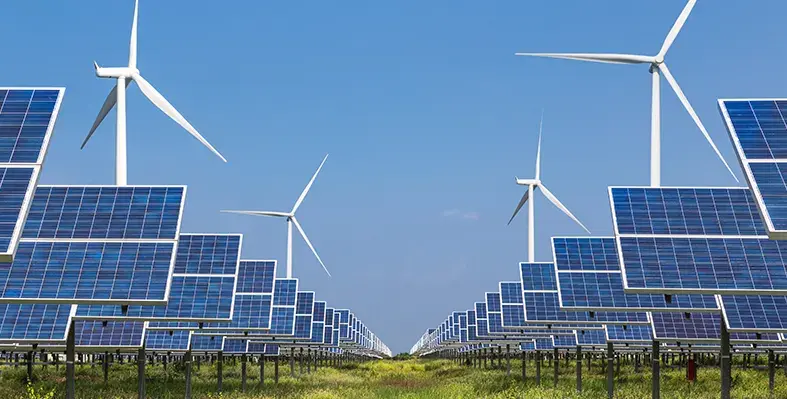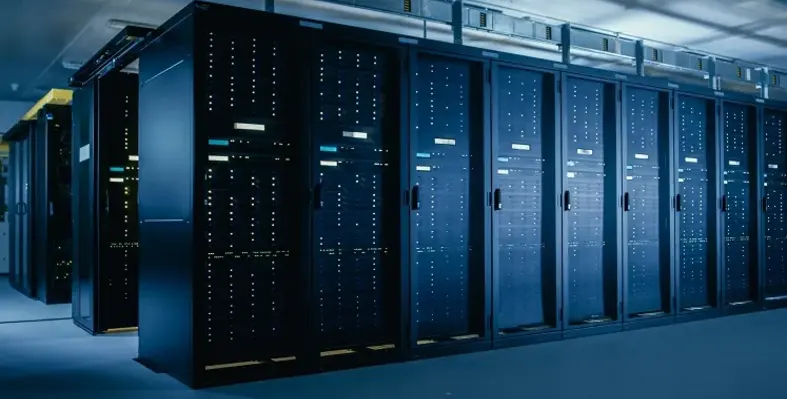Tshukudu Metals Botswana has signed a deal for a 21 MW solar power plant to be built at its Motheo copper mine near Ghanzi in Botswana
A subsidiary of Australia’s Sandfire Resources, the mining group has agreed a seven-year leasing agreement with Release, a flexible, soft financing venture majority owned by renewables group, Scatec.
Designed to overcome financial and technical barriers associated with adopting solar energy, Release offers a flexible leasing agreement for re-deployable solar PV and battery equipment to deliver clean, reliable power.
It is owned by Scatec (68%) and Climate Fund Managers (32%) via its EU-supported Climate Investor One Fund, a US$1bn blended finance facility focused on renewable energy infrastructure in emerging markets.
The Botswana solar energy project will provide clean renewable energy to Sandfire’s copper producing asset at Motheo, as well as support its decarbonisation ambitions.
In a statement, Release noted that the agreement represents the latest milestone in the expansion of its mining portfolio in Africa.
It also builds on Scatec’s established presence in Botswana following the commissioning of its 120 MW solar portfolio in the country.
“This agreement demonstrates the strength of our lease-to-own solution, where we combine technical expertise with flexible financing to enable our clients to access large-scale solar without upfront capital investment,” said Hans Olav Kvalvaag, CEO of Release.
“Bringing this solution to Botswana for the first time and in partnership with mining operation Motheo, is a major milestone for our company.”
Release will now commence project implementation with start of operations expected by the end of 2026.
Once operational the plant will generate approximately 40 GWh annually and cover about 30% of Motheo’s annual electricity demand.
Motheo is located in the central portion of the Kalahari Copper Belt in Botswana, with output exported via the port of Walvis Bay in neighbouring Namibia.
Read more:
Phoenix 30MW Ethiopian energy deal for data mine
Ethiopia's Tulu Kapi gold mine finance deal agreed
Ivanhoe Mines upgrades on-site power supply







